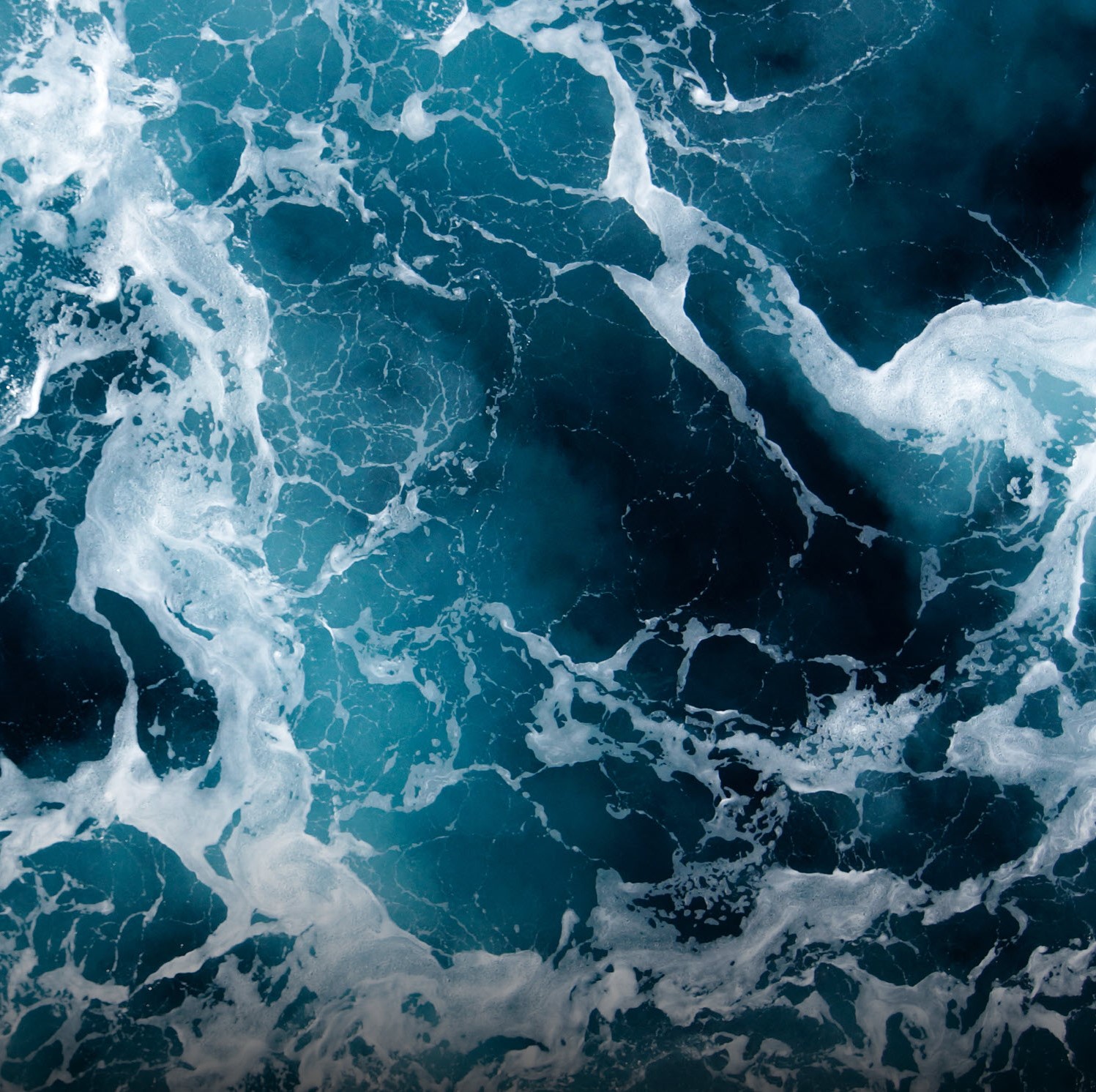
Dr. Sarah Giddings, recipient of the 2023 AGU Ocean Sciences Voyager Award, is an exemplary scientist and an inspiration to her peers. She has made significant advancements in our
understanding of the coastal ocean and has also been an inspiring mentor to her students and other young scientists in the broader oceanographic community. Dr. Giddings’s research focuses on how physical processes shape chemical and biological processes in the coastal environment, a region at the front lines of climate change impacts in the ocean. She possesses an extraordinary and unique talent for designing and executing ambitious field experiments in the coastal zone. In an era when observational science is easily and often replaced by modeling or analysis of existing data, her work exemplifies the importance of maintaining a high-quality
field-going capability to understand the complex and interrelated physical and biogeochemical processes that determine the health of coastal ecosystems. In addition to her observational work, Dr. Giddings is an authority in the use of high-resolution numerical modeling. She has leveraged her knowledge of both tools to use models to understand how field observational techniques could be better aligned with the newest analysis approaches. Dr. Giddings’s remarkable contributions in coastal oceanographic research are matched by an extraordinary dedication to mentoring. As a successful and approachable scientist, Dr. Giddings is an inspiring role model for young scientists in our field. Her impact extends beyond her research group, with active involvement in mentoring programs such as Mentoring Physical Oceanography Women to Increase Retention (MPOWIR). Dr. Sarah Giddings’s exceptional leadership, her pioneering research in the field of coastal and estuarine science, and her commitment to mentoring young scientists embody everything the AGU Ocean Sciences Voyager Award is meant to honor.
—Kristen Alexis Davis, University of California, Irvine

We use turbulent dissipation measurements from a small estuary to determine how and when infragravity (IG) waves (periods ∼ ${\sim} $25–...





